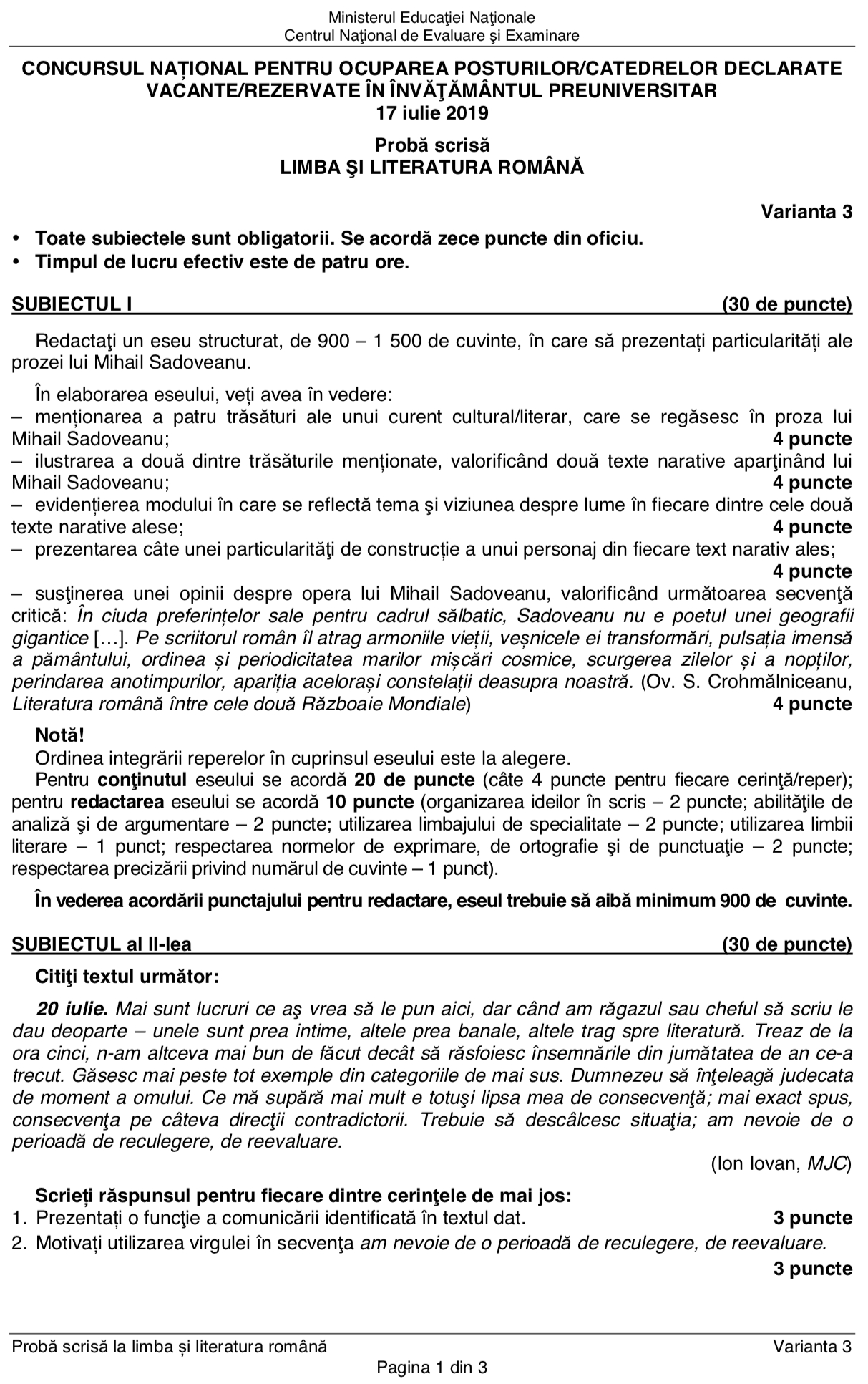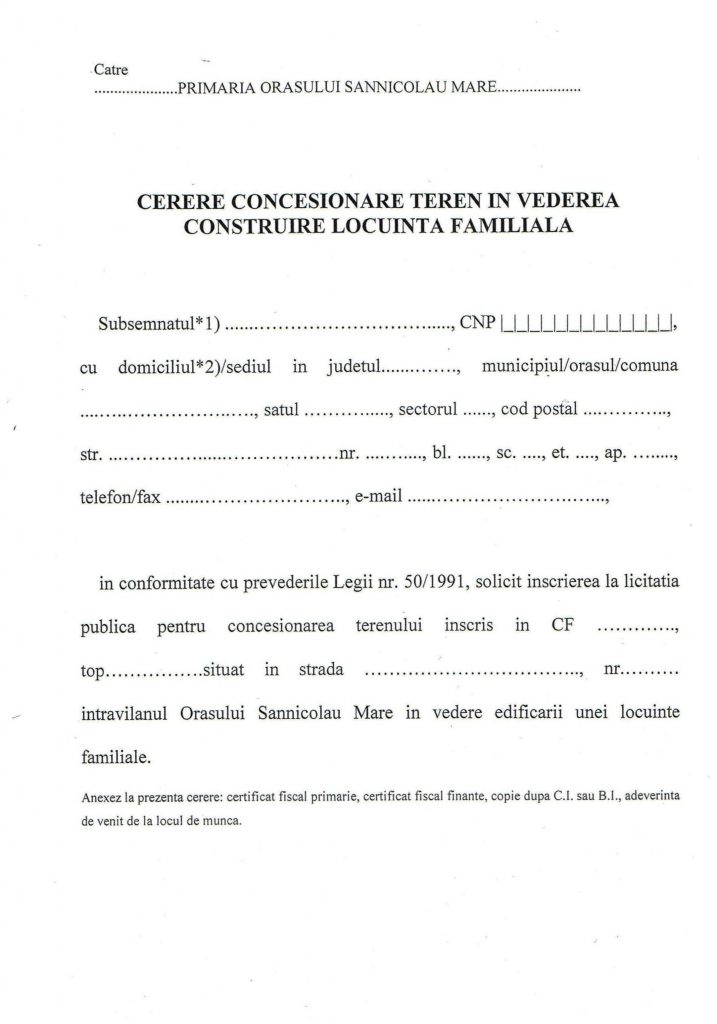
The cookie is set by the GDPR Cookie Consent plugin and is used to store whether or not user has consented to the use of cookies. The cookie is used to store the user consent for the cookies in the category "Performance". This cookie is set by GDPR Cookie Consent plugin. The cookie is used to store the user consent for the cookies in the category "Other.

The cookies is used to store the user consent for the cookies in the category "Necessary". The cookie is set by GDPR cookie consent to record the user consent for the cookies in the category "Functional".

The cookie is used to store the user consent for the cookies in the category "Analytics". These cookies ensure basic functionalities and security features of the website, anonymously. Necessary cookies are absolutely essential for the website to function properly. Our overall aim was to help inspectors evaluate how well a school’s curriculum is designed and implemented – both within the context of the current Ofsted framework and school inspection handbook and, as we develop an even sharper focus on the curriculum, for the education inspection framework 2019. It’s the sessions on the curriculum that I want to talk about here. We also held sessions on all the different ways in which children fall out of mainstream education, and on careers education. This year’s conferences mainly focused on curriculum, specifically how a deeper understanding of what we mean by curriculum can inform our inspection practice.

When we get this right – and we usually do – our work is acknowledged as constructive, helpful and, occasionally, even enjoyable by those on the other side of the process. But the professional conversations between inspectors and school leaders are where the greatest value in our work lies.

Sometimes, the public debate gets stuck at the level of inspection grades, especially the overall effectiveness judgement.


 0 kommentar(er)
0 kommentar(er)
